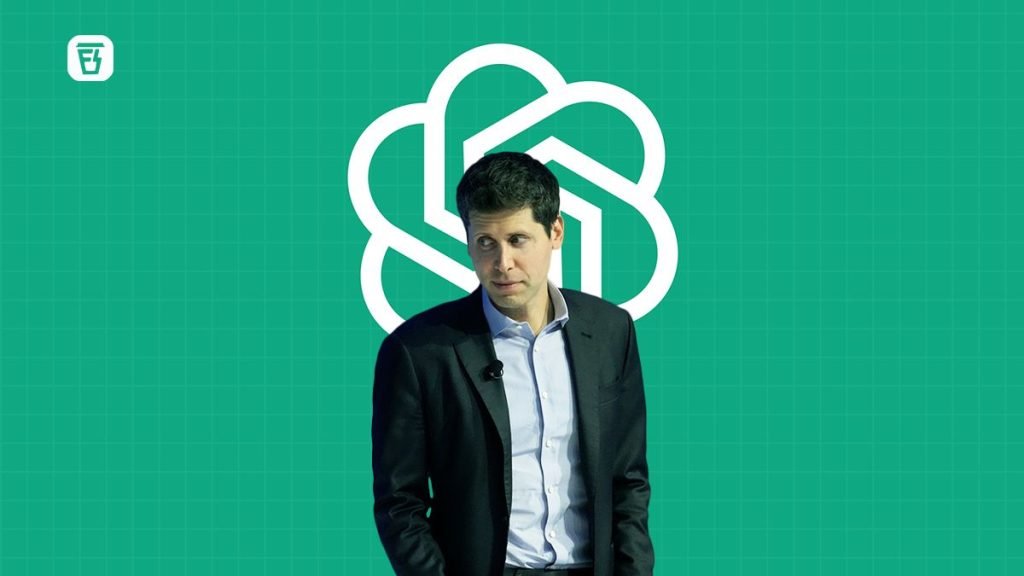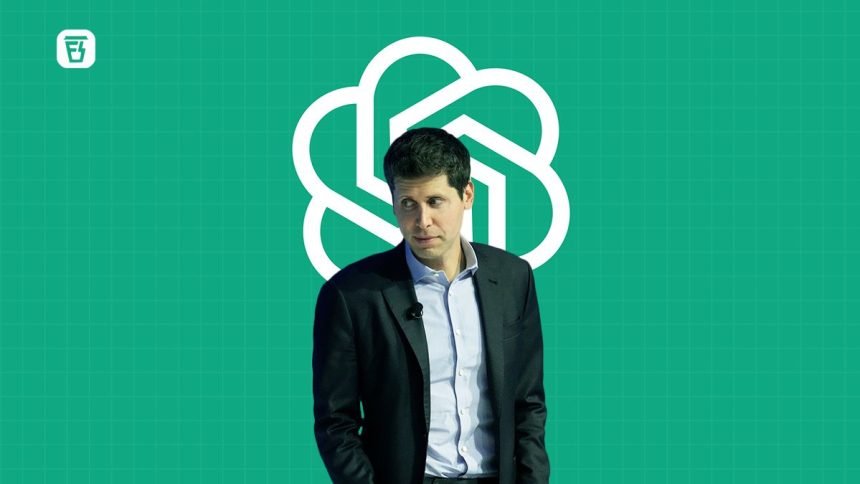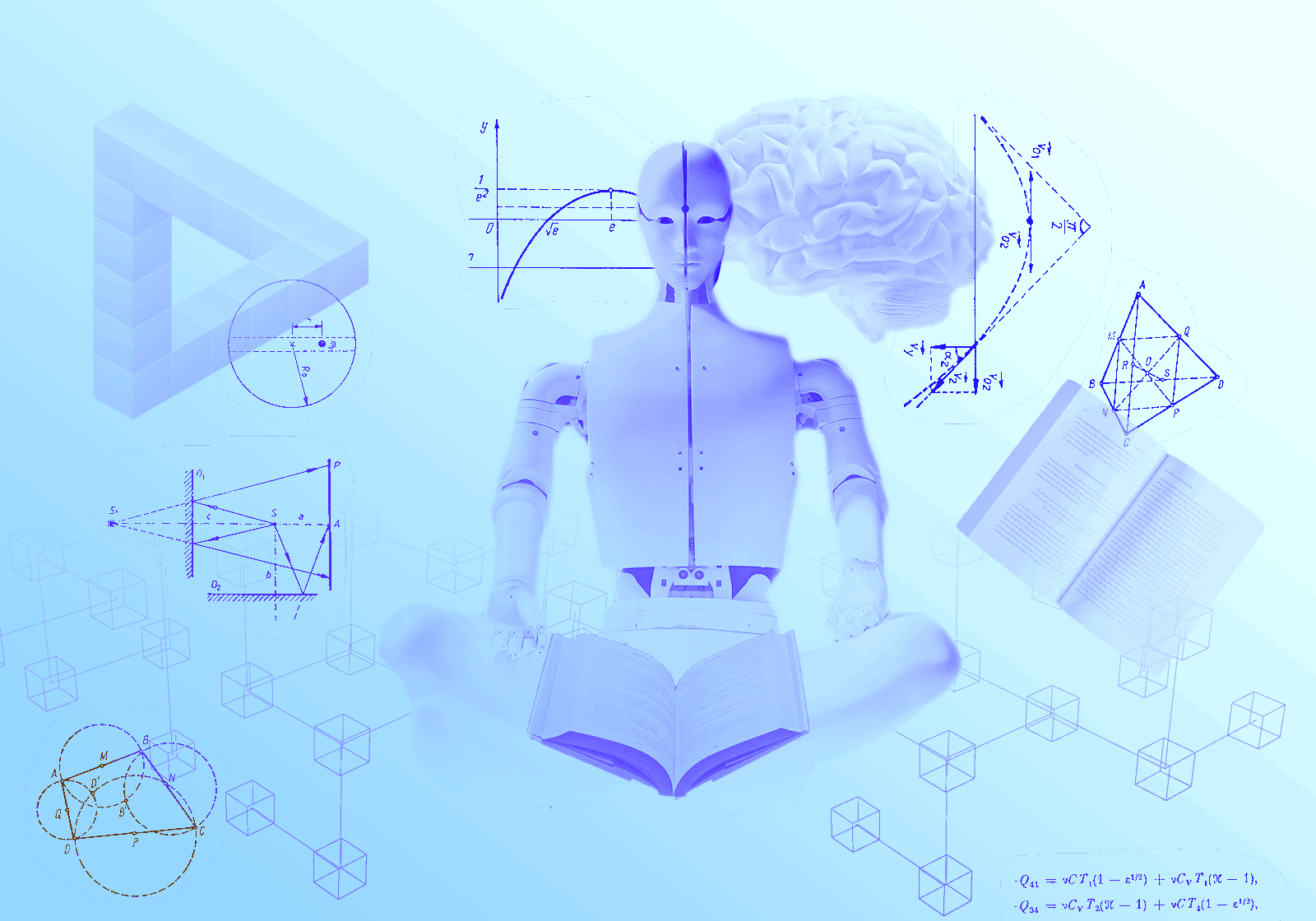Sam Altman, co-founder and CEO of OpenAI, is a central figure in the world of artificial intelligence. A true visionary, Altman is driving a company that has not only made waves with AI advancements but is also committed to ensuring that all of humanity share AI’s benefits. Under his leadership, OpenAI is tackling some of the biggest questions around AI safety, ethics, and innovation.
The development of superhuman machine intelligence is probably the greatest threat to the continued existence of humanity,
Sam Altman
But Altman’s story doesn’t start with OpenAI—his journey through tech entrepreneurship and leadership has long been characterized by ambition, bold ideas, and a commitment to progress.
Early Tech Visionary
Before founding OpenAI, Sam Altman was already a significant figure in Silicon Valley. He co-founded Loopt, a location-based social networking app, at the age of 19. Although Loopt was eventually acquired for $43 million, it didn’t achieve mainstream success. However, this experience gave Altman invaluable insight into startups and paved the way for his next major role—leading Y Combinator, one of the most prestigious startup accelerators in the world. Under his guidance, Y Combinator helped launch companies like Airbnb, Dropbox, and Stripe.
In 2015, Altman co-founded OpenAI with a mission that was as ambitious as it was cautious: to ensure that artificial general intelligence (AGI) benefits all of humanity. The idea behind OpenAI was not just to build powerful AI but to do so in a way that avoids the potential pitfalls of unregulated, uncontrolled development.

“The development of superhuman machine intelligence is probably the greatest threat to the continued existence of humanity,” Altman has warned. His caution doesn’t stem from fear but from a deep understanding of the disruptive potential AI holds, both positive and negative.
Quick and easy access to the content they’re after is more important for your website users than a… visually-stunning design.
OpenAI’s Mission and Vision
OpenAI’s mission is straightforward yet challenging: to develop AGI that is safe, ethical, and beneficial to everyone. With the rapid advancements in AI technologies, OpenAI has focused on creating tools that are accessible but also grounded in ethical responsibility. One of the company’s most significant accomplishments is GPT-3, a powerful language model that powers applications like ChatGPT and other natural language processing tools.
Altman has always emphasized the importance of making AI beneficial for society at large. OpenAI’s research is freely shared with the public, a strategy designed to encourage collaboration and transparency in AI development. The company’s approach also emphasizes the responsible use of AI, seeking to avoid potential risks like job displacement, privacy concerns, or AI being used in harmful ways.
From Innovation to Ethics
The best way to predict the future is to create it,
Sam Altman
A deep commitment to ethical considerations also marks Altman’s leadership at OpenAI. In a world where AI is rapidly advancing, there are growing concerns about the unchecked development of powerful systems. OpenAI has been vocal about the importance of AI safety and the need for regulation.
One of the key ethical concerns for OpenAI is ensuring that the technology does not exacerbate inequality. AI has the potential to create vast wealth, but without proper measures, that wealth could be concentrated in the hands of a few. Altman and OpenAI have advocated for distributing AI’s benefits across society, ensuring that this revolutionary technology uplifts everyone, not just a select group.
The partnership between OpenAI and Microsoft in 2019 was a strategic move that further underlines Altman’s vision of ethical and impactful AI. Microsoft invested $1 billion into OpenAI, and together, they’ve worked to advance AI development while ensuring it aligns with human values. This partnership has led to the integration of OpenAI’s models, like GPT-3, into widely-used products such as Microsoft’s Azure platform, making advanced AI accessible to businesses and developers globally.
Looking to the Future
Looking ahead, Altman and OpenAI remain focused on the long-term impact of AI. The company’s vision extends beyond immediate commercial success and aims for a future where AI helps solve the world’s most pressing problems, from healthcare and climate change to education and economic inequality. Altman is particularly excited about the role AI can play in personalized medicine, where AI systems can help doctors diagnose diseases and recommend treatments tailored to individual patients.
However, OpenAI’s mission is as much about ensuring the safe development of AI as it is about pushing technological boundaries. Altman continues to advocate for international collaboration in AI governance, believing that AI’s future must be a global effort.









